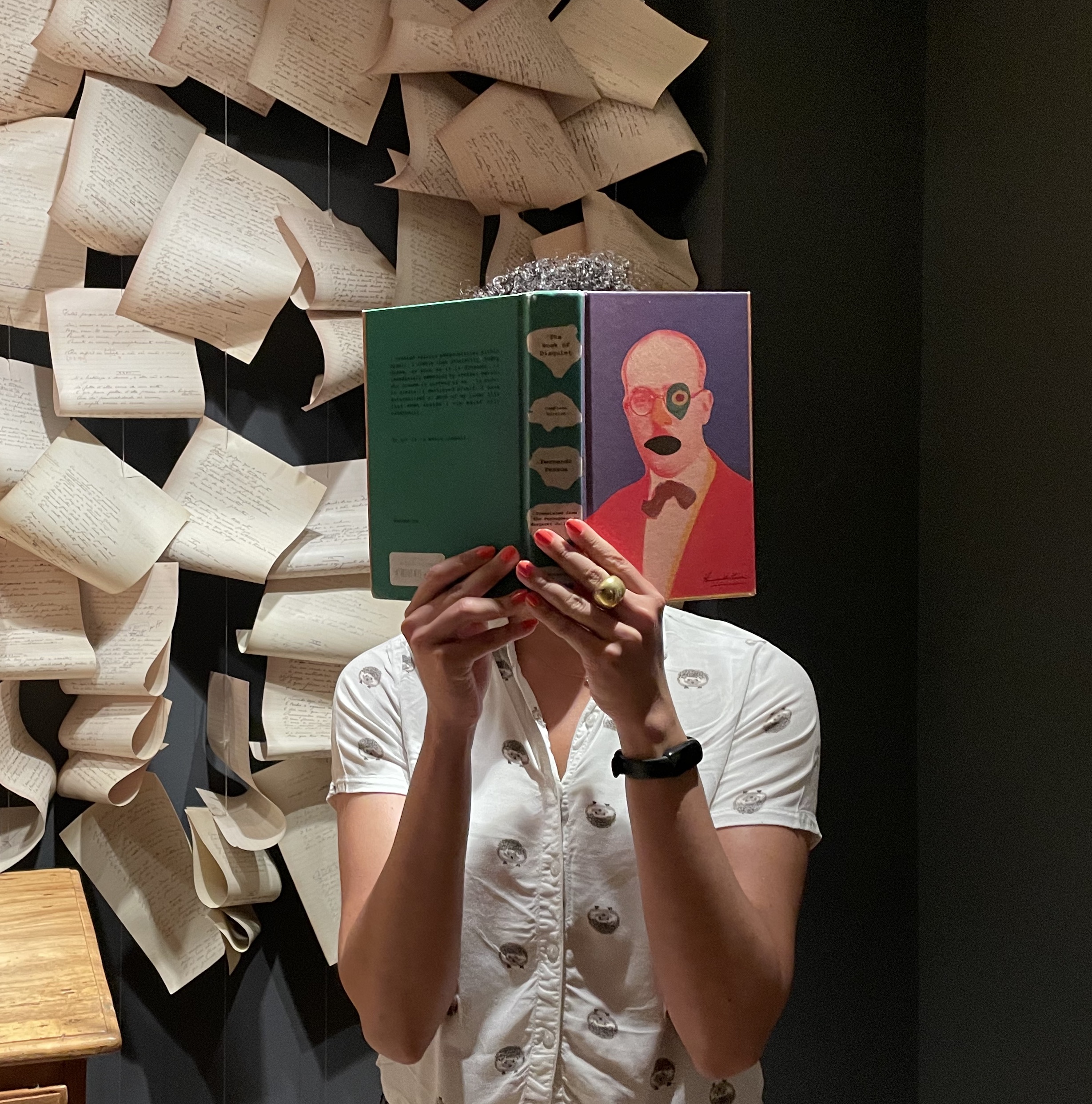Corby, England, 1972
What was so terribly frightening
about the dark wood elephant heads
that hung in my grandfather’s hall,
tusks aligned, trunks slightly upturned
at the end, as if signaling luck—?
Why was it that I could see nothing
auspicious in these ornaments passed on
from some outpost or tourist destination,
a memory-mirage of herds staking out
a silt-green watering hole? Veterans of
heavy labor, of human wars and menageries,
our zoo-caged “ambassadors of the species”
sway and shuffle through a single acre,
signaling their stress and boredom. Even in
sanctuaries, keepers find their charges
turn rogue or run away, great hooves
commanding seismic waves, herd-peace
punctuated by hit-squads or the hum of heat-
seeking shepherd drones. But I knew none
of this—I just had to summon nerve
each time I climbed the stairs and passed
beneath the still gaze of that uncanny
pair, captives in an English steel town
spruced up by roses and the rain.
Jane Satterfield has received awards in poetry from the NEA, Bellingham Review, Ledbury Poetry Festival, Mslexia, and more. Her books of poetry are Her Familiars, Assignation at Vanishing Point, Shepherdess with an Automatic, and Apocalypse Mix, winner of the 2016 Autumn House Poetry Prize, selected by David St. John. She is married to poet Ned Balbo and lives in Baltimore.




